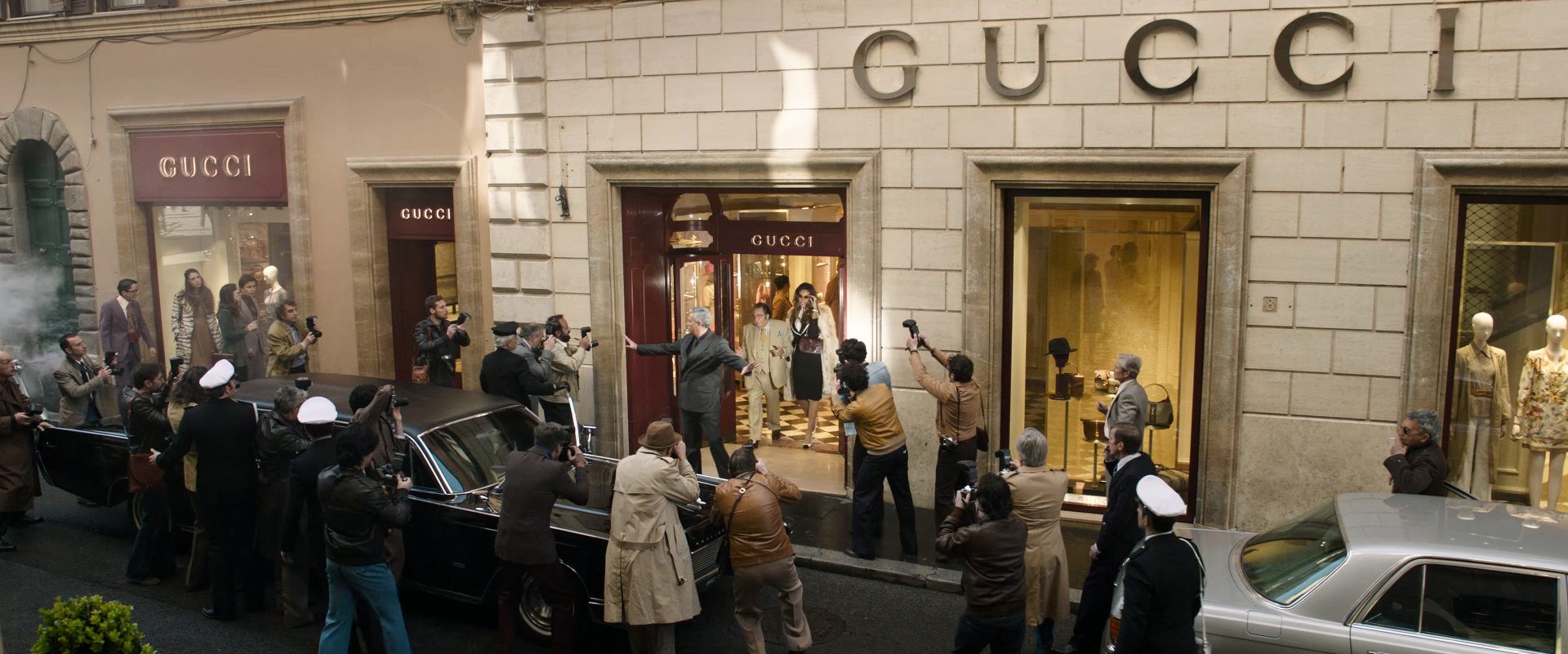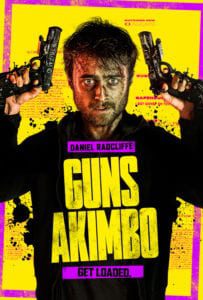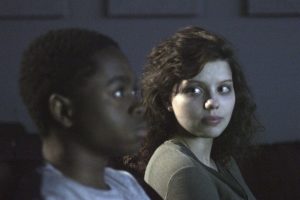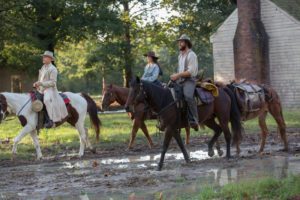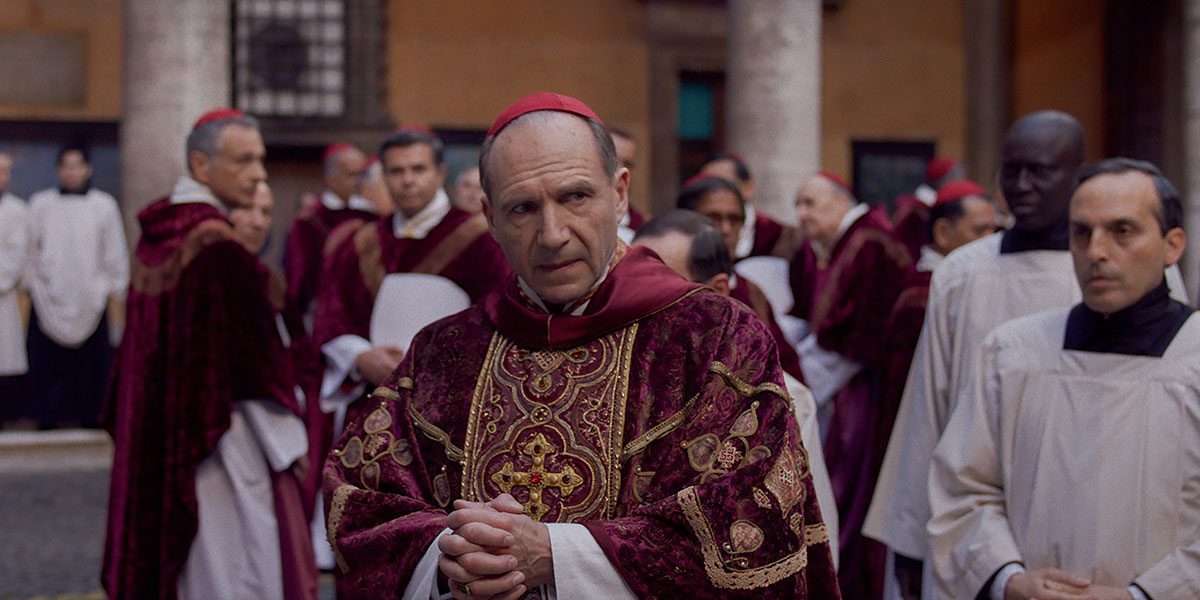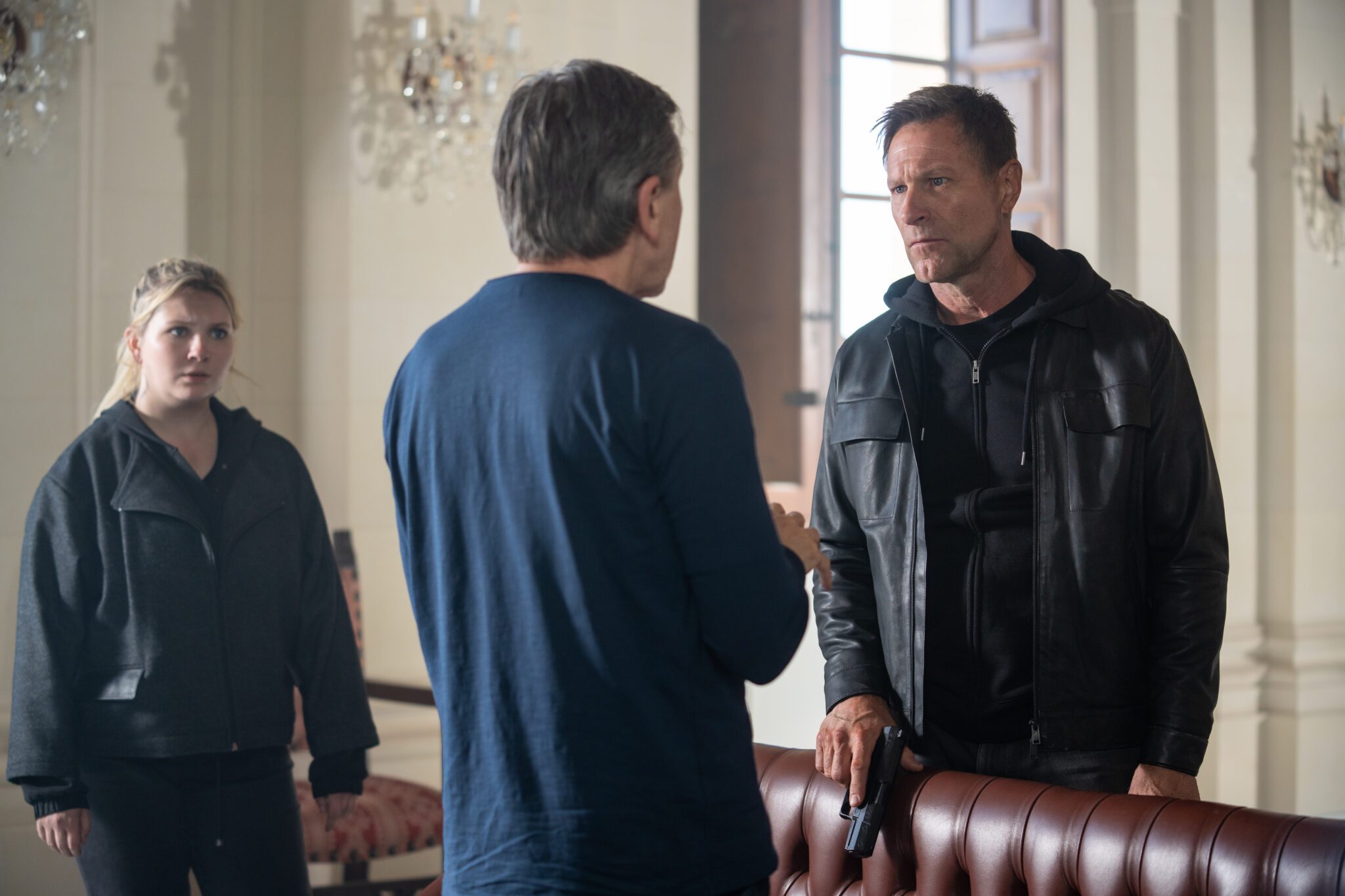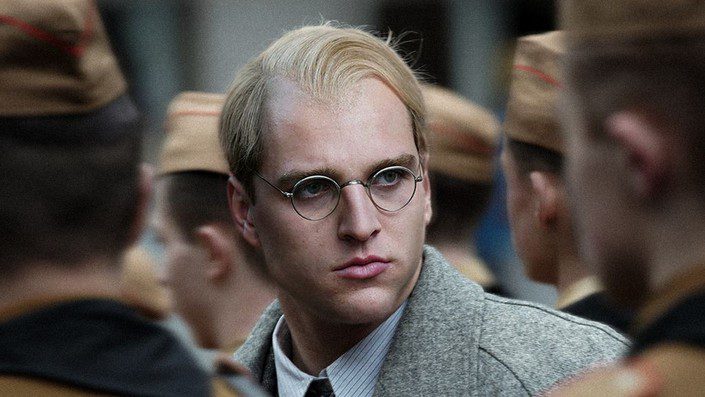?And when they were in the field, Cain rose up against his brother Abel, and killed him.?...
murder
Everyone is looking for love? but not everyone knows what it is. Set in the France?s frigid...
Derek Chauvin is found guilty of murdering George Floyd. In this episode of the Your Sunday Drive...
In a world where even cooking shows have been gamified, why not psychopathic murder? In Guns Akimbo,...
The Transfiguration is a different kind of vampire movie. But then it?s not really a vampire movie...
The idea of captivity is important to the film, although it often seems to be operating in...

